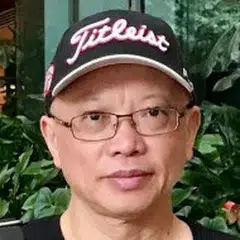
Zhu Ying
Professor of Economics, Shanghai Normal University
Zhu Ying is a retired economics professor at the School of Finance and Business in Shanghai Normal University (SHNU), specialising in world economics. He is currently a consulting professor at SHNU's Tianhua College.